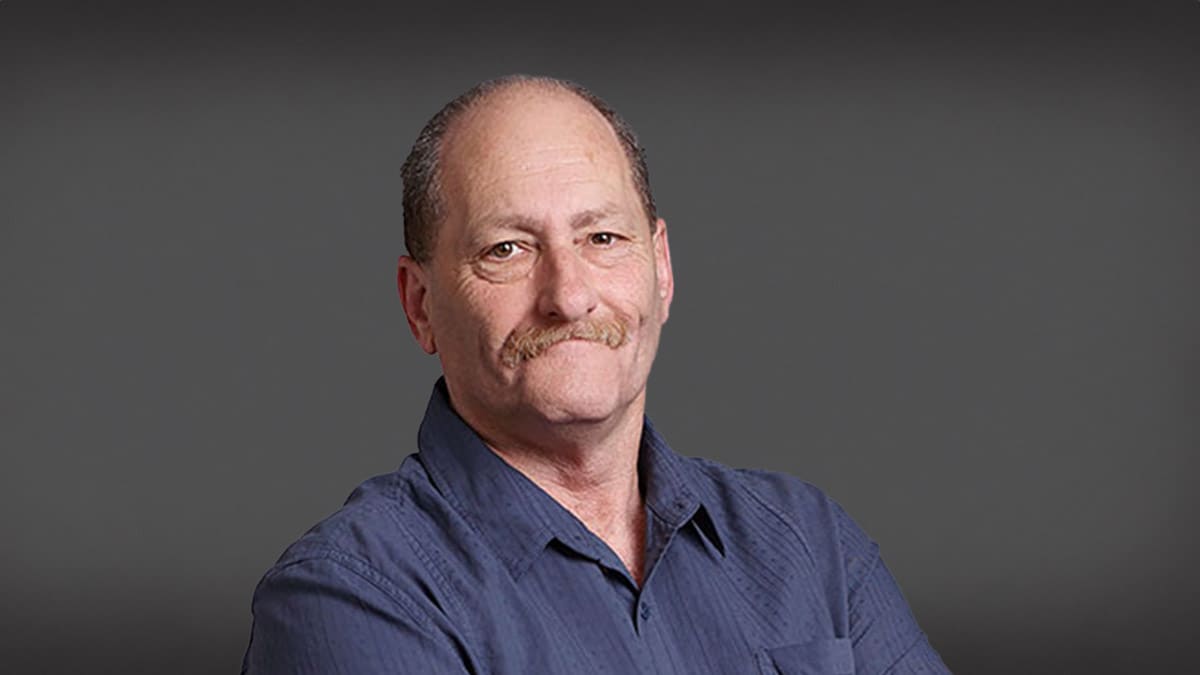At a glance
If you or a loved one are a service member, we know you are balancing demanding job duties to stay mission-ready. The following tips and resources can help you stay tobacco-free.

May is military appreciation month!
In 1999, Congress designated May as Military Appreciation Month to thank all troops, past and present, for their sacrifices to keep our country safe. CDC takes this opportunity to recognize and celebrate Service members featured in the Tips From Former Smokers® (Tips®) campaign.
Beatrice R., Brian H., James F., Mark A., Michael P., Nathan M., and Roosevelt S. all served our country with honor. CDC appreciates their service and the sacrifices they made, along with their spouses and families. These Service members showed bravery a second time by sharing their story on how tobacco use impacted their lives. CDC is grateful to each of them for helping others quit tobacco for good.
We can show our appreciation to a military Service member who is trying to quit tobacco use by supporting them in their quit journey. For example, we can listen if they need to talk, help them celebrate their successes and tobacco-free milestones, or recommend quitting resources.
Smoking and the military
Cigarette smoking is the leading cause of preventable disease, disability, and death in the United States. Smoking harms nearly every organ of the body and can cause many diseases, including cancer, heart disease, stroke, chronic obstructive pulmonary disease (COPD) and other lung diseases, and diabetes.
High stress levels, peer influence, and military-centric factors like staying alert for duty may drive tobacco use in the military. Many Service members start using tobacco products after they enter military service.
Current Service members have higher rates of tobacco product use than civilians. In 2018, 18.4% of Active Component Service members self-reported current cigarette smoking, and 16% self-reported current e-cigarette use. Nearly half, or 47%, of current Service members who smoked had tried to quit smoking in the last year. Cigarette smoking is even more common among Service members who have recently deployed.

We are deeply saddened by the recent loss of Brian H., who served in the Air Force for 18 years and was featured in the Tips campaign. He bravely shared his story of living with multiple smoking-related diseases. Brian passed away on December 14, 2022, at age 68. We are grateful to Brian H. for sharing his story to help others in their journey toward a smokefree life.
Be ready and determined
If you are a service member, we know you are balancing demanding job duties to stay mission-ready. The following tips and resources can help you stay tobacco-free.
Be ready with a quit-smoking plan. To get started on your quit journey, visit CDC's Quit Smoking page.
Be determined and don't give up! Find and use quit-smoking resources in the Resources for Service Members section below.
It's never too late to quit smoking. Quitting smoking is one of the most important actions you can take to improve your health, regardless of your age or how long you have been smoking.
Over time, people who quit smoking see many benefits to their health. After you smoke your last cigarette, your body begins a series of positive changes that continue for years. Some of the health benefits include a drop in heart rate, a decrease in coughing and shortness of breath, and a drop in the risk of heart attack, coronary artery disease, and smoking-related cancer.
Quitting smoking can help you in your physical fitness goals. It can also help you be ready and determined for yourself and your family, friends, and country. For more information about the health benefits of quitting smoking over time, visit Benefits of Quitting.
Resources for Service members
TRICARE provides services, tobacco cessation products, and support to help Service members quit tobacco. You don't need to be diagnosed with a tobacco-related illness to use tobacco cessation benefits. TRICARE covers tobacco cessation counseling from TRICARE-authorized providers in the United States. It covers prescription and over-the-counter tobacco cessation products, including nicotine replacement therapy, at no cost. Learn About Quit Smoking Medicines to see what works best for you.
Other resources for quitting include:
